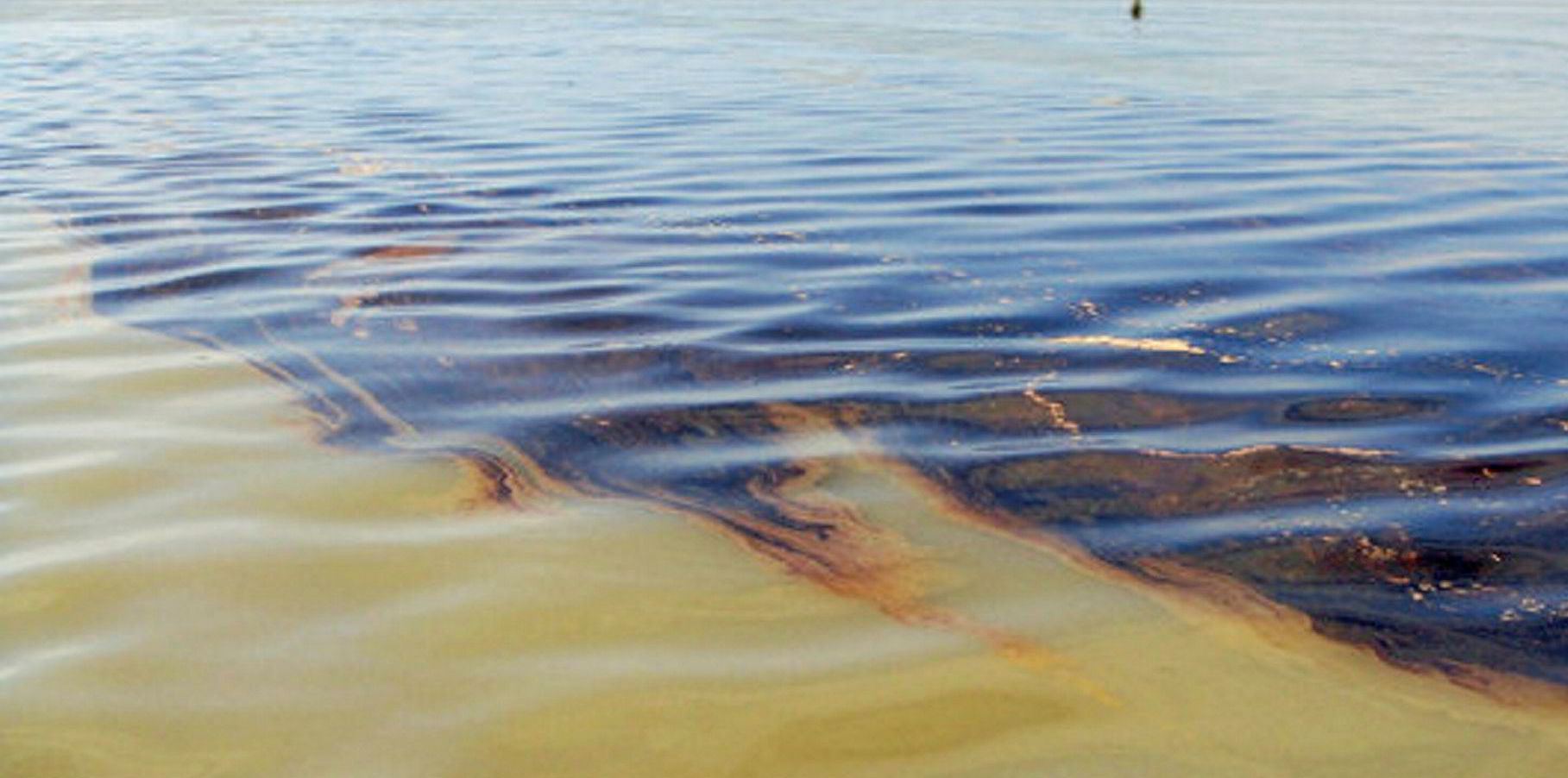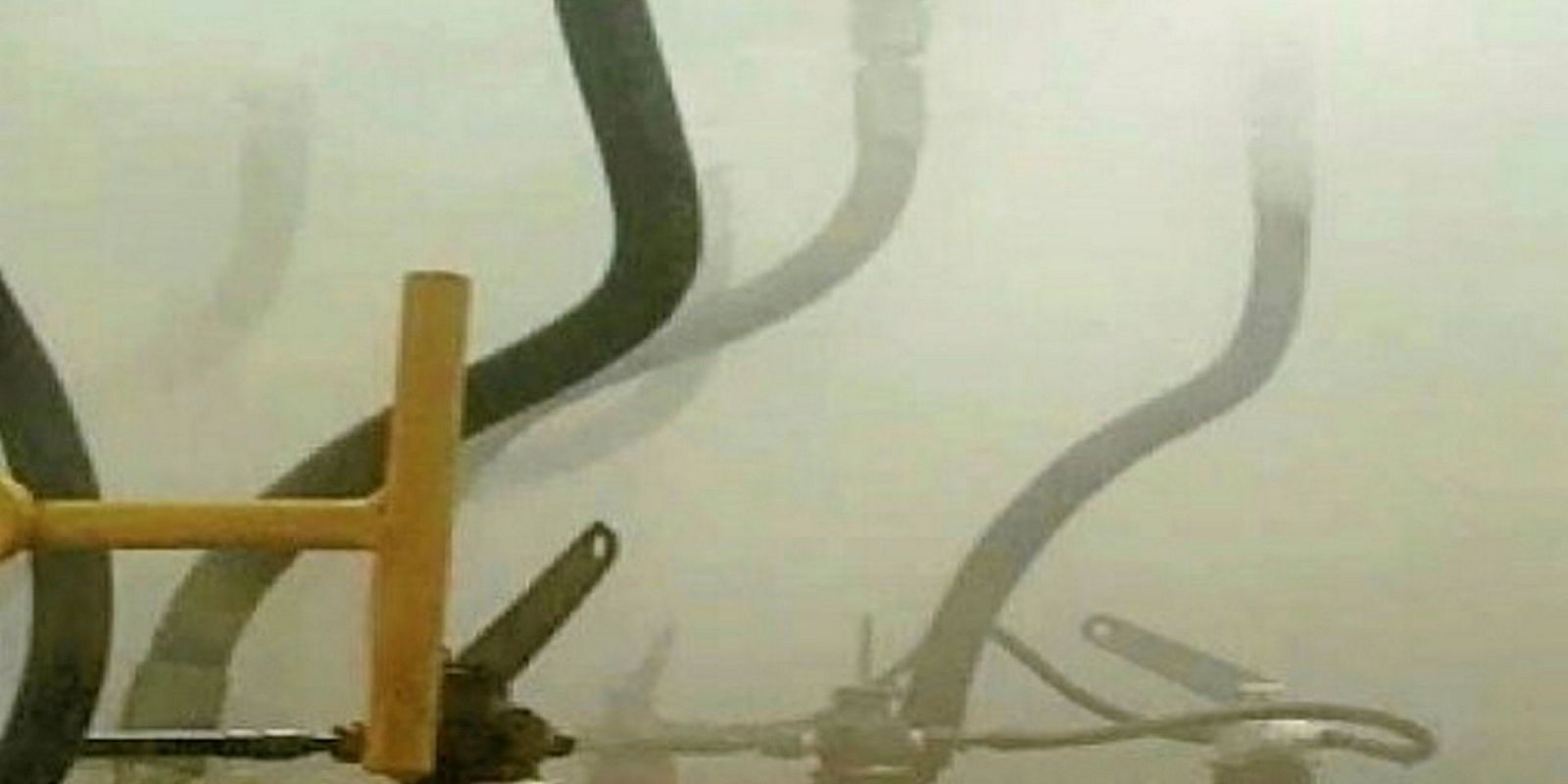The UK Marine Accident Investigation Branch (MAIB) has blamed partially open valves for a bunkering accident that resulted in a tonne of oil leaking on to the deck of an LPG carrier.
The mishap was revealed in the organisation's latest safety digest.
MAIB said the unnamed LPGC was at anchor while a plan was drawn up to load low sulphur marine gas oil (LSMGO) and then high sulphur fuel oil (HSFO).
The valves were aligned for receiving LSMGO and the transfer was commenced, completing about an hour later with the hose being disconnected.
The HSFO hose was then connected and the bunker plan and checklist completed. The valves were lined up to receive HSFO into two tanks simultaneously, and pumping was started.
An hour later, the deck watch sighted oil overflowing from the vents of the overflow tank and another tank that was not supposed to be receiving any HSFO, MAIB said.
Valves not checked
The order to stop bunkering was given and the vessel’s emergency response team was activated, but they were unable to prevent HSFO escaping overboard through a freeing port.
About a tonne of HSFO was recovered from the deck, and six drums of contaminated soak-up material was discharged to the garbage boat.
Although difficult to estimate, up to 2,000 litres of HSFO were lost overboard, MAIB said.
"It was subsequently discovered that two valves aligned to another fuel tank were not fully closed," the report added.
"One valve was jammed with some debris and the other not fully tightened, which allowed fuel to flow into a tank that was already 80% full, eventually causing it to overflow."
MAIB advised owners to remain disciplined and not to get into a ‘tick-box’ mentality when completing checklists.
"Make sure that the items on the checklist have been completed. In this case one of the two isolating valves could have been closed fully if it had been checked," it said.
Never assume anything
"Don’t assume because a valve appears shut that it is holding," it warned.
In this case, the bunker tank high level alarm and overflow tank sounded in the engine room and engine control room. Both were acknowledged but no action was taken by the crew.
In addition, there was no way of closing the freeing ports on deck.
"This simple last line of defence could have prevented polluting the marine environment and the extensive clean-up operation that subsequently took place," MAIB said.





